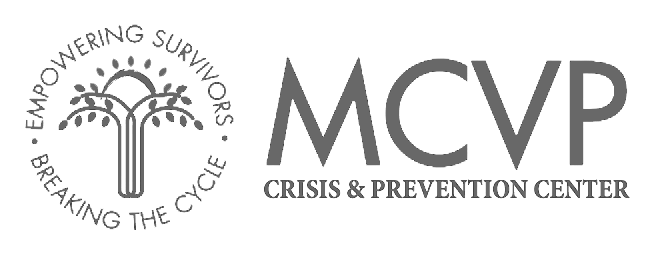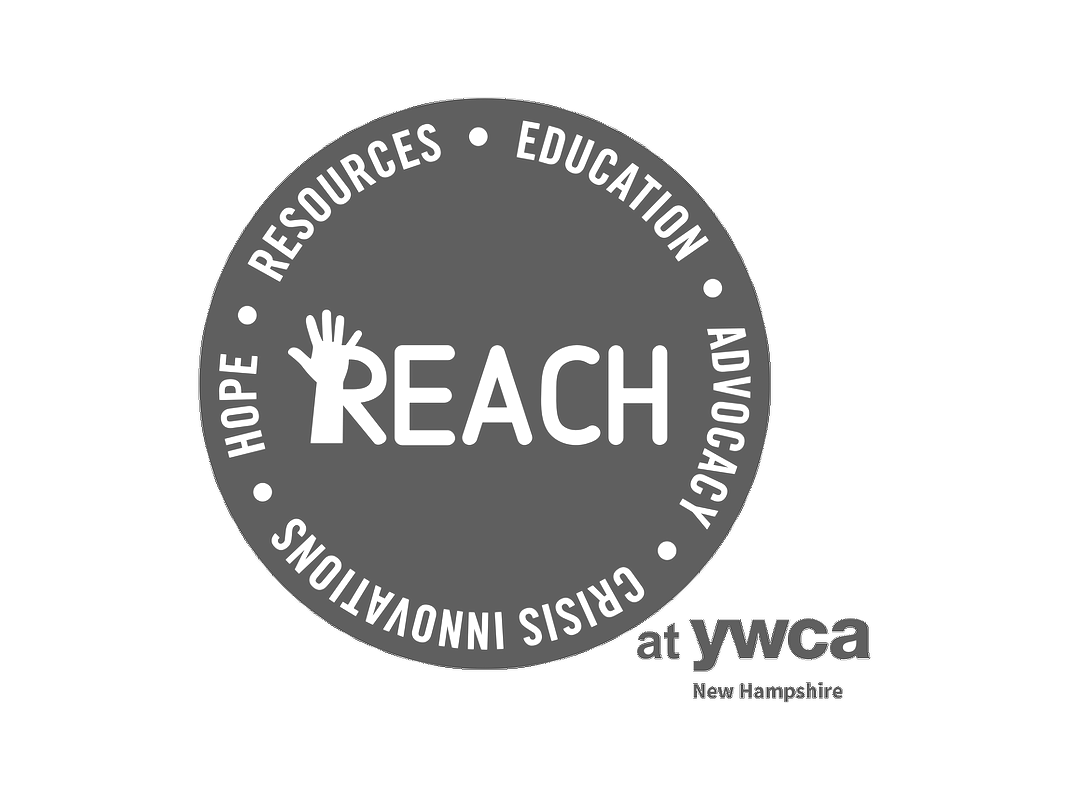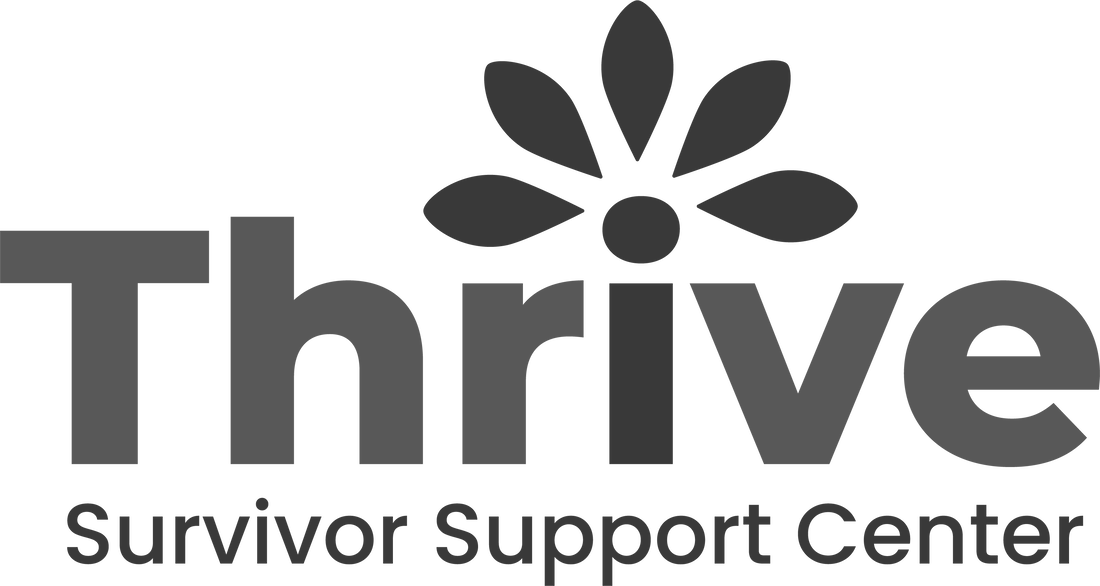GET HELP NOW
Talking to Young People About Sexual Assault & Dating Violence
Talking to a child, especially your teenager, about sensitive topics can be a real challenge. But keeping the lines of communication open is critically important. The possibility that your child could be a victim of sexual assault or relationship violence is a terrifying one, and you may feel at a loss as to how to protect your child and how to ensure that she or he takes these issues seriously.
Tips on discussing sexual assault and dating violence with young people
-
You don't need to have the same discussion with your nine-year-old as you would with your sixteen-year-old, but there are ways to begin discussing these topics in an age-appropriate way. When younger children have questions, listen carefully and give them the information they're asking for in a simple, direct way. Ask them what they have already heard since children get many messages about sexual violence and relationship violence in the media and their peers, and that information is often inaccurate. While you probably won't get into a lot of detail about sexual and domestic violence with a younger child, it's never too early to begin discussing some simple concepts with your child.
-
Stranger danger is something you may want to discuss with your young child, however it's important to know that the vast majority of sexual assaults of children are perpetrated by someone the child knows, often someone he or she knows quite well. Make sure your child knows that her or his body is her or his own and no one should do anything to it that makes them feel uncomfortable, scared or bad. Tell your children they have a right to say no if any grownup tries to touch them in a way that makes them uncomfortable or scared. Let your child know there is a big difference between bad secrets and good surprises. Any secret that makes a child feel sad or afraid is a secret he or she should not keep.
-
Let them know that saying or doing things that make others feel bad is bullying and ask them if it's something they've experienced. If your child is being bullied, you can discuss it with teachers and other officials at the school to work out a constructive way to deal with it. If your child is bullying others, it's never too early to begin to teach them the importance of respecting other people and their feelings. Under New Hampshire law, schools now are required to have zero tolerance for bullying.
-
Let let them know about your concerns in a calm, direct voice and offer to support them. Your child may become emotional or refuse to discuss the matter with you, but don't overreact. It is important that they know you care and they can talk to you when they’re ready. Also, if they don’t wish to discuss it with you, share the free and confidential hotline number with them and explain that confidential advocates are available 24/7 to talk.
-
The timing of these discussions is important. Beginning a discussion when your child comes in from school or is otherwise distracted or upset is not the best time. Choose a relaxed, quiet situation such as a car ride or make a lunch or dinner date so you have some uninterrupted time to talk.
-
Remind your child that one of the signs of a strong relationship is mutual respect. Your teen may be under a great deal of peer pressure to date a particular type of person or submit to abusive behavior to please their partner. Let your teen know that there is no justification for abusive behavior, that the victim of abuse is NEVER to blame, and that the abusive person is solely responsible for his or her own actions.
If your child has been sexually assaulted
|
Obtain assistance for your child, yourself and your family. Under New Hampshire Law, abuse of a child under the age of 18 must be reported to the New Hampshire Division for Children, Youth, and Families. Contact your local crisis center for information on options available to you and your child.
|
Be patient and take care of yourself, too.
These are complex issues and you may feel ill equipped to talk to your children about them, but starting is the most important step. It lets your child know they can bring you questions and concerns. There are many resources to help you work through these issues with your children. Free and confidential services are available at NH’s 12 crisis centers. Advocates are available to talk with you and your loved ones about how to best support your child - you don’t need to be in crisis to call. |
New Hampshire Statistics
According to the New Hampshire Violence Against Women Survey
According to the New Hampshire Violence Against Men Survey one in 20 New Hampshire men reported being sexually assaulted; over two thirds (68%) of those assaults occurred before the victim’s 18th birthday.
related links
Our Supporting Partners
The 12 member programs of the New Hampshire Coalition Against Domestic and Sexual Violence provide services regardless of gender,age, health status (including HIV-positive), physical, mental or emotional ability, sexual orientation, gender identity/expression, socio-economic status, race, national origin, immigration status or religious or political affiliation.
Funding for this website was provided by The Corporate Fund.
New Hampshire Coalition Against Domestic and Sexual Violence
PO Box 353, Concord, NH 03302-0353
(603) 224-8893
New Hampshire Coalition Against Domestic and Sexual Violence
PO Box 353, Concord, NH 03302-0353
(603) 224-8893
NH web design by Harbour Light Strategic Marketing
















